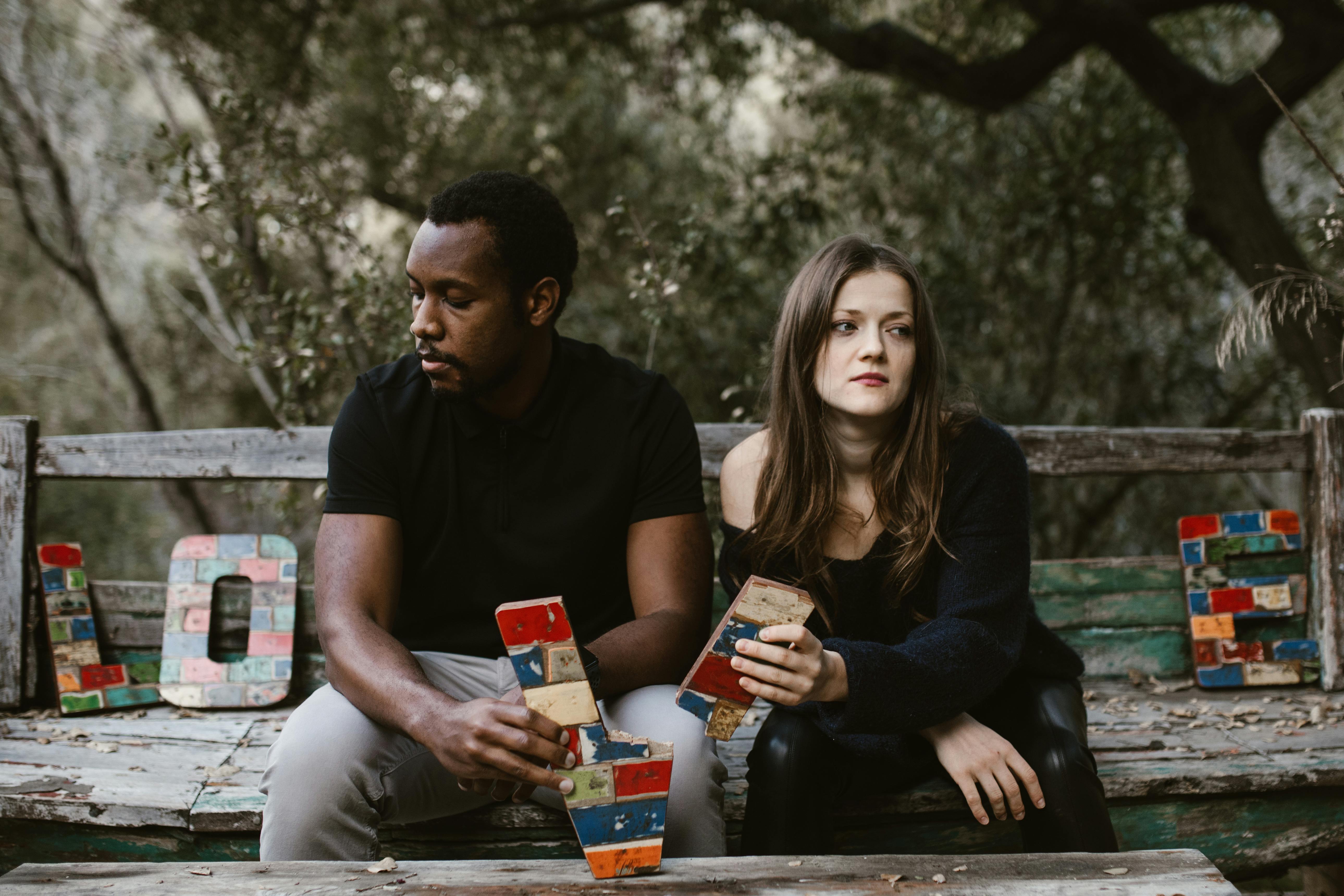The pain of grief is there for all losses, be it a spouse or lover. A society transcends labels and roles and the couple is paramount when there is a strong bond. Regardless of what the relationship is called, the pain of loss requires healing. In life, we can be exposed to small losses several times before a major loss occurs. We “deal with it” and even understand it to a small degree. However, we are not educated about loss or prepared for it in life, so when we experience a major loss, it can be devastating.
When we love and lose someone, whether they are lesbian, gay, bisexual, or transgender, we are overwhelmed with grief and sadness. However, when our relationship is out of the mainstream, we may have already been so criticized and saddened, that in this final loss, we find it that much harder to grieve, heal, and move on to a full new life.
No one can fully understand the pain of another. We can meet in the ways of the ordinary and share our experiences and progress, and although there is healing in the act of sharing, we still feel alone in our sadness. What touches us in a positive way is when we feel understood. The loneliness of loss and alienation affects us deeply at the level of our souls.
Grief over the loss of a partner in a non-traditional relationship can carry an additional burden if there is little support from the family or the community at large. Such relationships may have met with less approval, or in the case of a gay, lesbian, bisexual, or transgender couple, even been kept secret. If the immediate family does not approve of this relationship, they have trouble being supportive. In fact, they may not understand, but they may also be angry about the relationship. The reality is that experiences outside of the mainstream are harder to understand and accept when they are not “your experience.”
Parents who have accepted their unconventional children, who love and support them, don’t have to understand everything. His love is a platform of support. However, with that being said, joining a traditional support group may not be seen as a viable option because there is no common ground. Grieving parents want to meet other grieving parents. Adult children who are grieving want a group with others like themselves.
Widows/widowers prefer to be with other widows/widowers although there are similarities, there are many differences. People want a good match, the compatibility that comes with shared understanding and similarities. People who are gay don’t see a mainstream support group as important support for themselves because they “won’t get it.” People want a match for their experience; they want to know that they can feel understood and loved and not judged or ridiculed. They will leave the main complaint support groups that do not accept them.
The Lesbian, Gay, Bisexual and Transgender Community Center
Established in 1983, the New York-based Lesbian, Gay, Bisexual and Transgender Community Center has grown to become the largest LGBT multi-service organization on the East Coast and the second largest LGBT community center in the world.
Doneley Meris, MA, CT (MS in grief counselling; certified thanatologist/death educator) is your outreach and education team leader, Center CARE. According to Meris, the challenges for the LGBT community about grief and healing depend on support groups focused on sensitive and LGBT-inclusive grievances. Major cities have been able to address this concern by facilitating support groups, but Middle America still needs to mainstream this unique service to the LGBT community, which is a significant challenge as religion, morality, and politics often get in the way. . Meris maintains a grief psychotherapy practice in New York City, where the focus of her work is primarily addressing the challenges of the grieving LGBT community(ies).
“Today’s LGBT community continues to face discrimination in the most common places for (bereavement) services,” says Meris. “When you add HIV/AIDS to the mix, sexual orientation and the stigma associated with AIDS become significant barriers to the comfort level, confidence, and security of LGBT people who are trying to participate in service programs that are not Sensitive or LGBT-identified Second, there are many institutions that provide grievance services that have not had sufficient and realistic training to work with the bereaved LGBT population.
“It takes special sensitivity and humanity from any service professional to effectively drive the healing process for this unique group of people. The great elephant of homophobia and heterosexism, even in death, has to be dealt with to be effective.” in the provision of quality complaints services.
However, according to Meris, complaint counseling is provided in many places. “The Association for Death Education and Counseling (ADEC) has been very active in involving and encouraging funeral homes, hospital chaplains, hospices, churches, HIV/AIDS service agencies and other organizations community and mental health organizations to incorporate bereavement services, particularly for LGBT people, into their service delivery. A number of websites have sprung up that address the unique grievance challenges of the LGBT community.”
